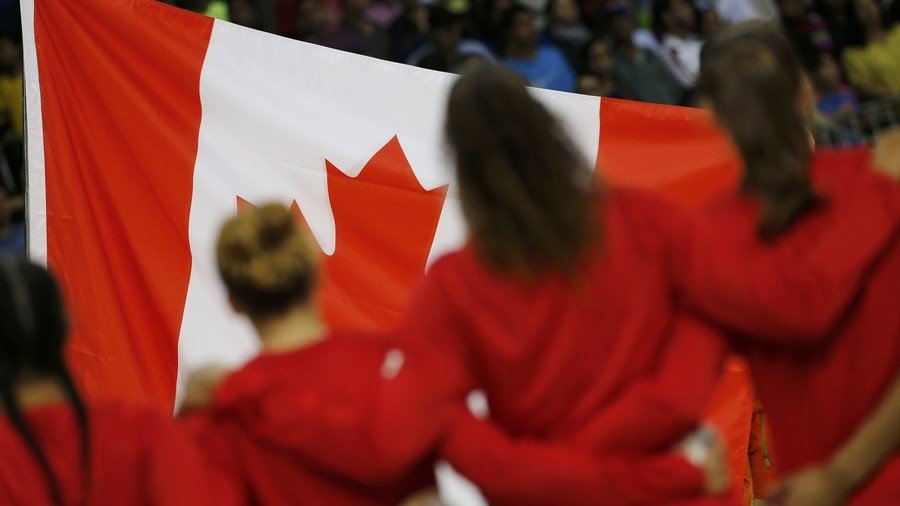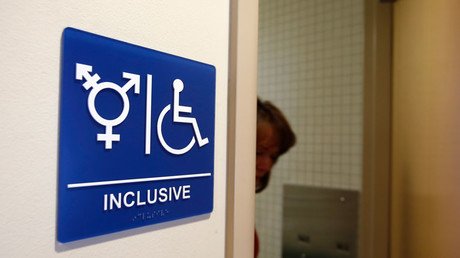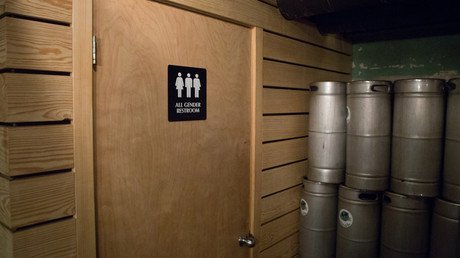‘Sons’ vs ‘all of us’: Canada’s anthem is now ‘gender-neutral’

‘O Canada,’ the country’s national anthem since 1980, will now become more women-friendly after Canadian MPs overwhelmingly voted to replace the words “thy sons command” with “all of us command.”
The gender debate truly reached a new level as the Canadian Senate adopted a bill on Wednesday to amend the second line of the national anthem from “in all thy sons command” to “in all of us command.”
The bill, introduced by Liberal MP Mauril Belanger, maintains that changing the lyrics of the English version would make it “gender-neutral.”
Now, the bill must receive the royal assent of the Governor General – the representative of the British monarch in Canada – in order to officially become law.
The current wording of ‘O Canada’ has existed since 1908, when poet Robert Stanley Weir translated the French lyrics. Since then, the lyrics have been changed twice. In 1913, “thou dost in us command” was changed to “in all thy sons” to honor the soldiers going to Europe to fight in World War I.
This did not sit well with some Canadian MPs who sought to introduce bills dropping the gendered “sons” reference 12 times since 1980 – without success until now, according to CBS.
Over several decades, there have been other attempts to amend nearly every line of Canada’s short anthem. In the early 1990s, Toronto City Council proposed that the words “our home and native land” should be changed to “our home and cherished land,” arguing that non-native Canadians may feel discriminated and stigmatized.
Also, religious references – namely, the English line “God keep our land glorious and free” and the French words “true cross” – have been criticized by secularist groups.
Gender has increasingly become a policy issue since the current liberal government led by Prime Minister Justin Trudeau took power. Last summer, Canadian immigration authorities announced the provision of a third gender option on the country’s IDs and immigration documents.
Immigration, Refugees and Citizenship Canada (IRCC) will be the first government agency to introduce interim measures that will allow passport holders to cite the ‘X’ gender. This solution will remain in place until the IRCC can print IDs and travel documents with the new designation.
Last July, Canada’s British Columbia issued the first-ever ‘unknown’ gender identity health card to an eight-month-old baby after the child’s parent fought to raise the infant with a neutral gender.
Like this story? Share it with a friend!















